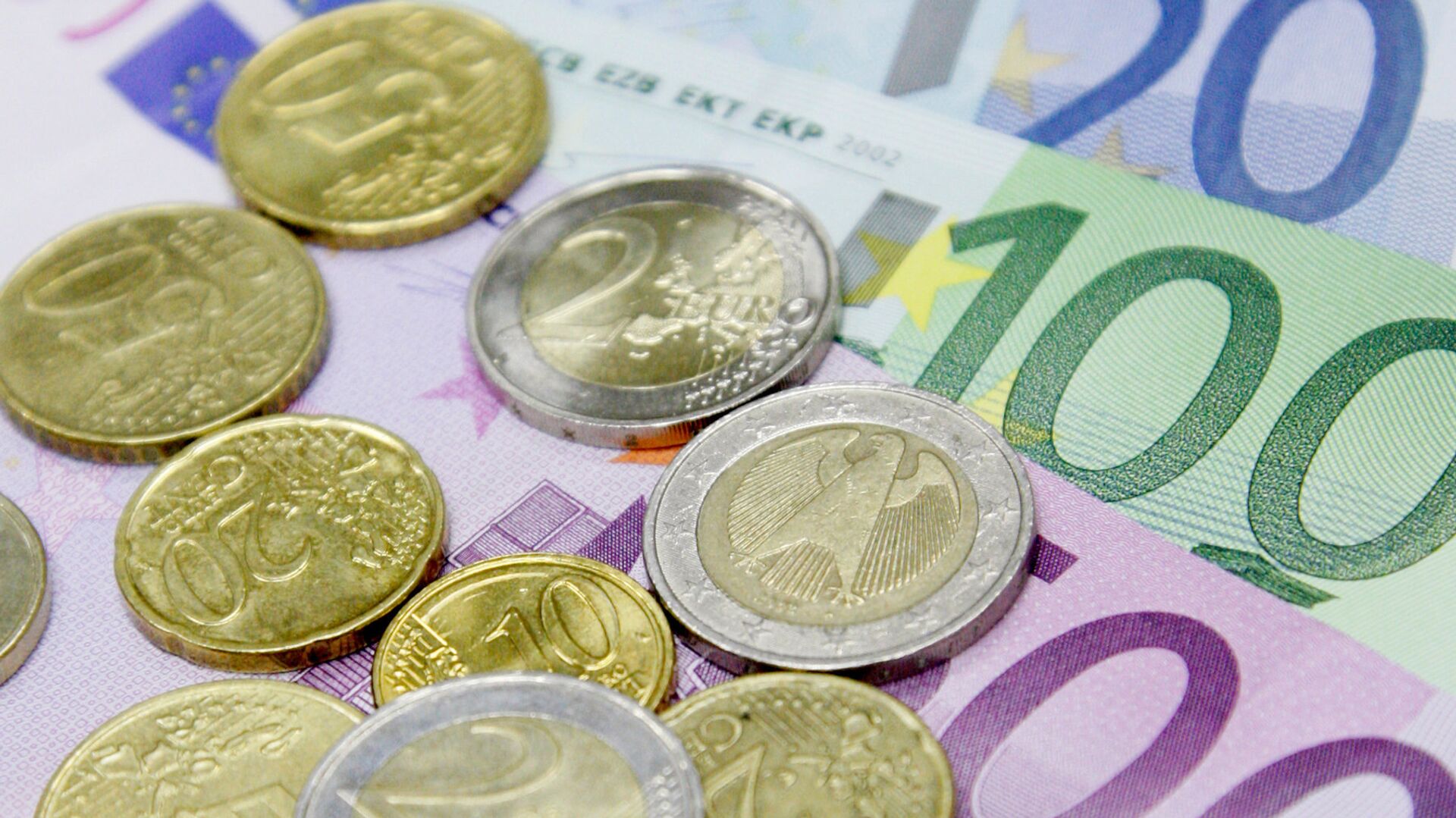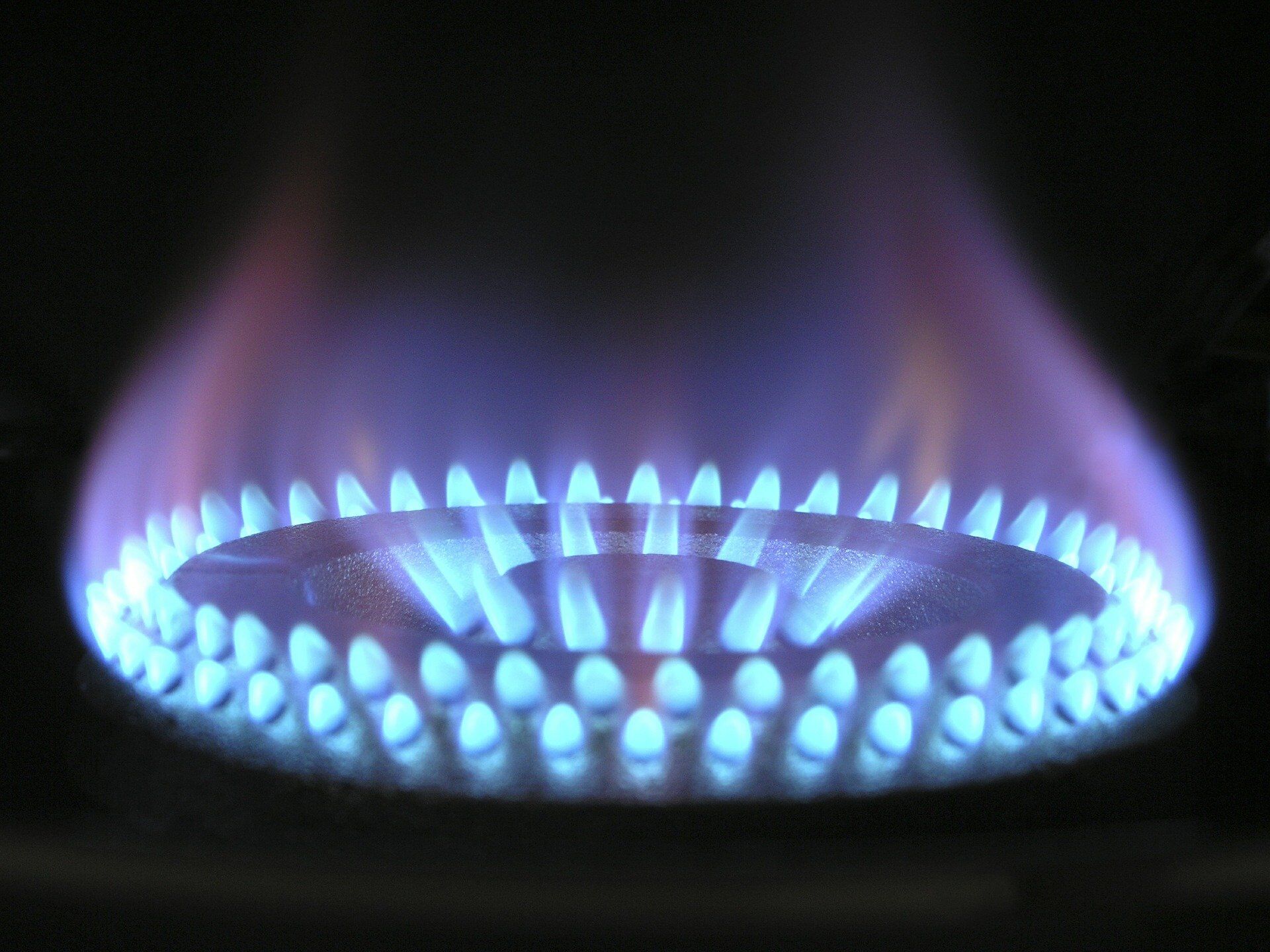https://sputnikglobe.com/20220719/some-european-states-may-see-economic-output-fall-6-if-russia-cuts-off-gas-imf-officials-say-1097527928.html
Some European States May See Economic Output Fall 6% if Russia Cuts Off Gas, IMF Officials Say
Some European States May See Economic Output Fall 6% if Russia Cuts Off Gas, IMF Officials Say
Sputnik International
WASHINGTON (Sputnik) - Some European countries with a high reliance on Russian gas may face a significant decrease of economic output if there is a major... 19.07.2022, Sputnik International
2022-07-19T10:31+0000
2022-07-19T10:31+0000
2022-08-06T13:55+0000
imf
gas
energy crisis in europe
economy
https://cdn1.img.sputnikglobe.com/img/102495/97/1024959725_0:371:1805:1386_1920x0_80_0_0_eec2a784ed15626e01bcd544eaafec81.jpg
The officials also said gas supply issues may have amounted to a 0.2 percent reduction for EU economic activity in the first half of 2022, based on an integrated-market approach that assumes gas can get where it is needed, and prices adjust.According to the post, some countries in Central and Eastern Europe may face gas consumption shortages of up to 40 percent if Russia totally cuts off suppliesThe blog post was authored by IMF European Department Director Alfred Kammer and Assistant Director Mark Flanagan, along with Commodities Unit Chief Andrea Pescatori and economist Martin Stuermer.A gas crisis hit Europe immediately after the EU slapped sanctions on Russia, with Brussels citing the special military operation in Ukraine as supposed justification for the move. As a result, gas prices immediately skyrocketed, leading to major problems for consumers. In addition, the sanctions caused a delay in maintenance works on the Nord Stream 1 pipeline, which also resulted in a reduction of gas supplies.
Sputnik International
feedback@sputniknews.com
+74956456601
MIA „Rosiya Segodnya“
2022
Sputnik International
feedback@sputniknews.com
+74956456601
MIA „Rosiya Segodnya“
News
en_EN
Sputnik International
feedback@sputniknews.com
+74956456601
MIA „Rosiya Segodnya“
Sputnik International
feedback@sputniknews.com
+74956456601
MIA „Rosiya Segodnya“
imf, gas
Some European States May See Economic Output Fall 6% if Russia Cuts Off Gas, IMF Officials Say
10:31 GMT 19.07.2022 (Updated: 13:55 GMT 06.08.2022) WASHINGTON (Sputnik) - Some European countries with a high reliance on Russian gas may face a significant decrease of economic output if there is a major disruption in supply, International Monetary Fund (IMF) officials said in a blog post.
"When we consider a full Russian gas shutoff from mid-July, we focus on the impact relative to a baseline of no supply disruption this year," the post said. "If physical constraints impede gas flows, the fragmented market approach suggests that the negative impact on economic output would be especially significant, as much as 6 percent for some countries in Central and Eastern Europe where the intensity of Russian gas use is high and alternative supplies are scarce, notably Hungary, the Slovak Republic and the Czech Republic."
The officials also said
gas supply issues may have amounted to a 0.2 percent reduction for EU economic activity in the first half of 2022, based on an integrated-market approach that assumes gas can get where it is needed, and prices adjust.
According to the post, some countries in Central and Eastern Europe may face gas consumption shortages of up to 40 percent if Russia totally cuts off supplies
"A reduction of up to 70 percent in Russian gas could be managed in the short term by accessing alternative supplies and energy sources," the officisl said. "However, diversification would be much harder in a total shutoff. Bottlenecks could reduce the ability to re-route gas within Europe because of insufficient import capacity or transmission constraints. These factors could lead to shortages of 15 percent to 40 percent of annual consumption in some countries in Central and Eastern Europe."
The blog post was authored by IMF European Department Director Alfred Kammer and Assistant Director Mark Flanagan, along with Commodities Unit Chief Andrea Pescatori and economist Martin Stuermer.
A gas crisis hit Europe immediately after the EU slapped sanctions on Russia, with Brussels citing the special military operation in Ukraine as supposed justification for the move. As a result,
gas prices immediately skyrocketed, leading to major problems for consumers. In addition, the sanctions caused a delay in maintenance works on the Nord Stream 1 pipeline, which also resulted in a reduction of gas supplies.





